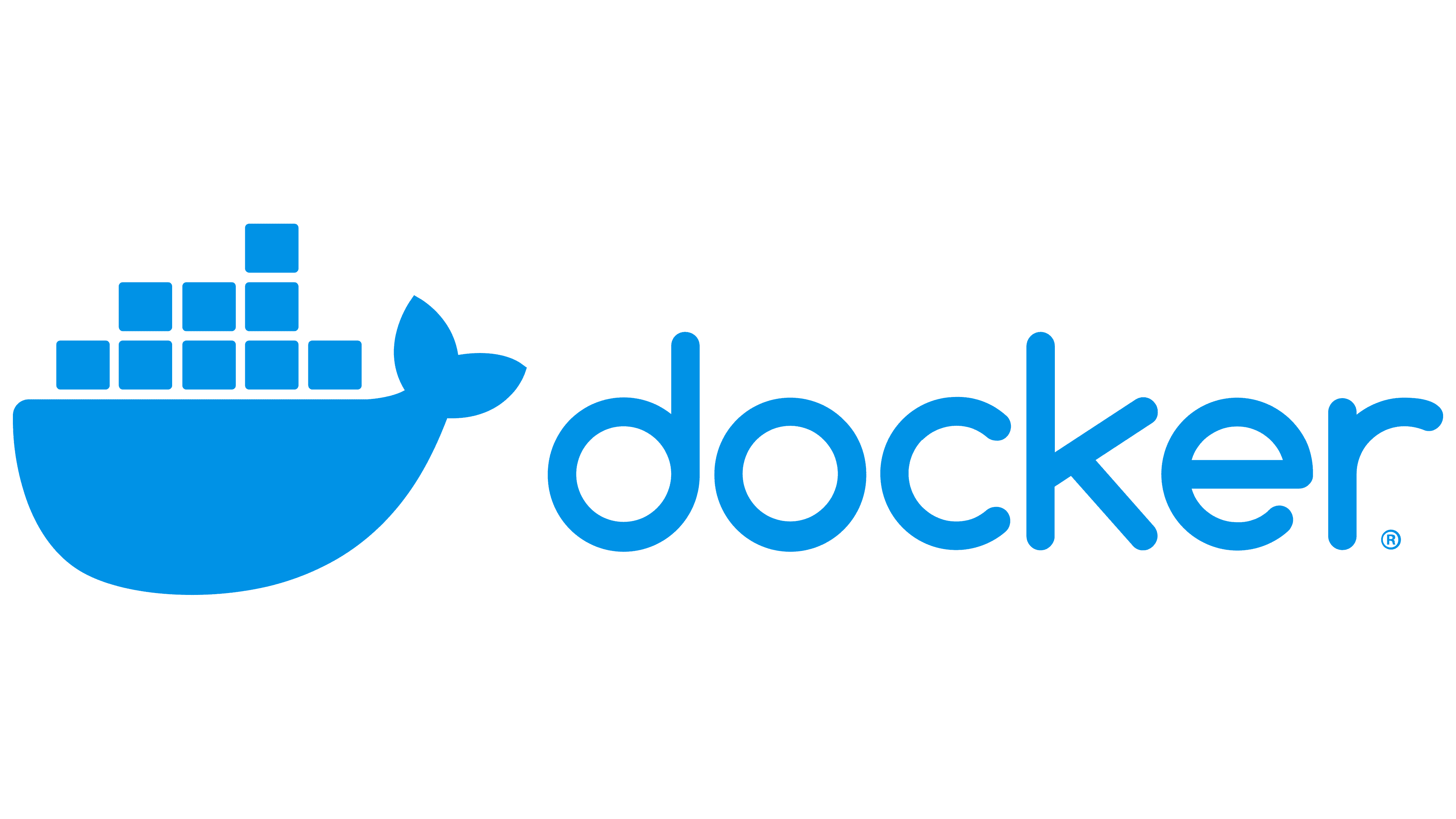Containerization: Simplifying Application Deployment with Docker

Have you ever wondered how apps like Instagram or Netflix work so smoothly across different devices and platforms? One big reason is containerization, and a key player in this game is Docker. Let's dive into what containerization is all about and how Docker has made it easier than ever to deploy applications.
What is Containerization?
Containerization is like packing up your lunch in a neat little lunchbox. Instead of having all your food scattered around, you put everything in one container. Similarly, in software development, containerization bundles up an application and all its dependencies, like libraries and settings, into one package called a container.
How Does Docker Fit In?
Docker is like the master organizer of these containers. It provides tools and a platform to create, manage, and run containers easily. With Docker, developers can build their apps once and then ship them off to any environment, whether it's on their own computer, a server, or even in the cloud.
Benefits of Containerization
Containerization offers several benefits that make life easier for developers and IT teams:
- Consistency: Containers ensure that an app runs the same way everywhere, regardless of the underlying environment. This means fewer "it works on my machine" headaches.
- Isolation: Each container is like its own little world, isolated from the rest of the system. This prevents conflicts between different apps and makes troubleshooting easier.
- Scalability: Containers can be easily scaled up or down to meet demand. Need more resources for your app? Just spin up more containers.
- Portability: Thanks to Docker and containerization, apps can be packaged once and run anywhere, making deployment a breeze.
How Docker Revolutionized Application Deployment
Before Docker, deploying an application was like a high-stakes game of Jenga. You had to carefully balance dependencies, configurations, and settings to make sure everything worked correctly. But Docker changed the game by providing a standardized way to package and run applications.
With Docker, developers can build their app and all its dependencies into a single container. Then, they can ship that container to any environment without worrying about compatibility issues. This not only streamlines the deployment process but also makes it faster and more reliable.
Containerization has revolutionized the way we deploy applications, and Docker has played a major role in making it accessible to developers and organizations of all sizes. By simplifying the process of packaging and running applications, Docker has made it easier than ever to build, ship, and run software in today's fast-paced digital world.
